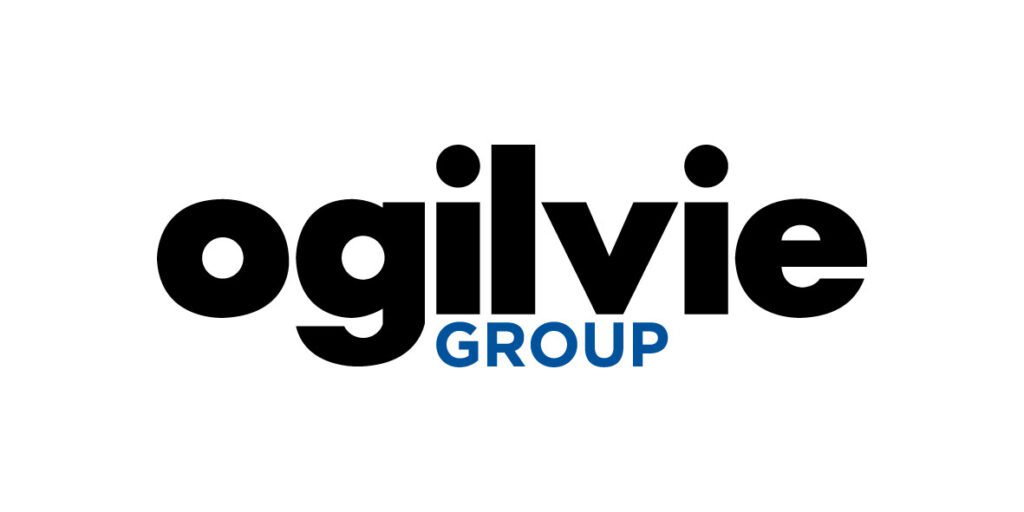When planning a new development, understanding how your electricity connection will work is vital. One of the biggest decisions developers face is whether to connect through a Distribution Network Operator (DNO) or an Independent Distribution Network Operator (IDNO). The choice can affect your project’s cost, timeline, flexibility, and how your network is managed long-term.
In this guide, we break down the main differences between DNOs and IDNOs, explain the role of Independent Connection Providers (ICPs), and share what developers should consider before breaking ground.
DiDistribution Network Operators (DNOs) are licensed companies responsible for delivering electricity from the National Grid to homes and businesses within set regions. There are six main DNO groups across the UK, each managing its own area.
Independent Distribution Network Operators (IDNOs), on the other hand, build and manage new local networks that connect to the existing DNO infrastructure. These networks are common in new housing or commercial developments and are also regulated by Ofgem to ensure reliability and safety.
In short:
DNOs maintain regional networks.
IDNOs build, own, and operate new local networks.
Both are regulated by Ofgem to maintain performance and fair operation.
Geographic Coverage: DNOs operate within fixed geographic areas. IDNOs can work nationwide, giving developers more flexibility and choice.
Financial Incentives: Choosing an IDNO often comes with financial benefits. Developers may receive an Asset Value Payment, which is a rebate provided when the IDNO adopts newly built infrastructure.
Project Timelines and Customer Service: Because IDNOs focus exclusively on new projects, they’re typically more agile and can offer faster connection dates and more responsive customer service.
Long-Term Maintenance: IDNOs usually take responsibility for ongoing network maintenance and billing at competitive rates. This can make them especially attractive to housing developers and commercial clients.
According to the Energy Networks Association, IIDNOs accounted for over 10% of all new UK electricity connections in 2023 — a figure that’s growing as developers look for faster, more cost-effective options.
Independent Connection Providers (ICPs) are accredited contractors who design and build the infrastructure that connects developments to the electricity network. Once the network is complete, it’s adopted by either a DNO or an IDNO.
Why developers work with ICPs:
Working with an experienced ICP like Electricity Asset Services ensures your development is compliant, efficiently delivered, and connected to the most suitable network operator for your goals.
When planning an electricity connection, it’s important to know which tasks can be handled by an ICP and which can’t.
At Electricity Asset Services, we manage this process end to end. Our team ensures your project meets all technical requirements while maintaining safety, compliance, and clear communication throughout.
Key Factors to Consider:
Choosing the right network connection is a critical step in every development. IDNOs bring flexibility, speed, and financial advantages, while DNOs deliver long-established regional support.
By partnering with Electricity Asset Services, you gain an experienced ICP that can guide you through every stage — from design and construction to adoption and long-term operation.
Ready to start your next project?
Get in touch with Electricity Asset Services for expert guidance and a bespoke network connection plan tailored to your development.
Ready to discuss your next project? Contact Electricity Asset Services for expert guidance and a bespoke network connection solution tailored to your development.




